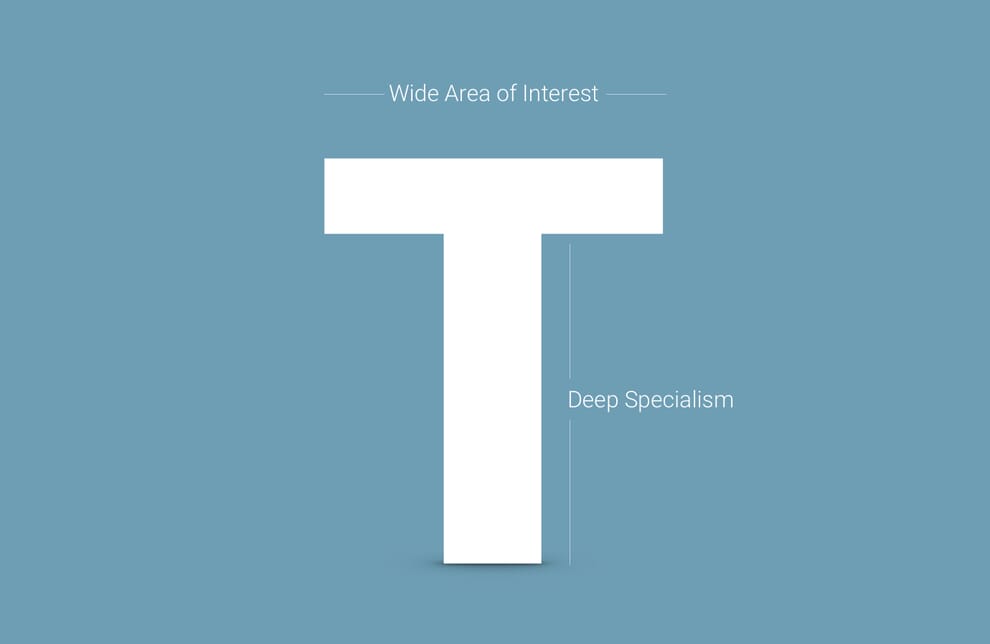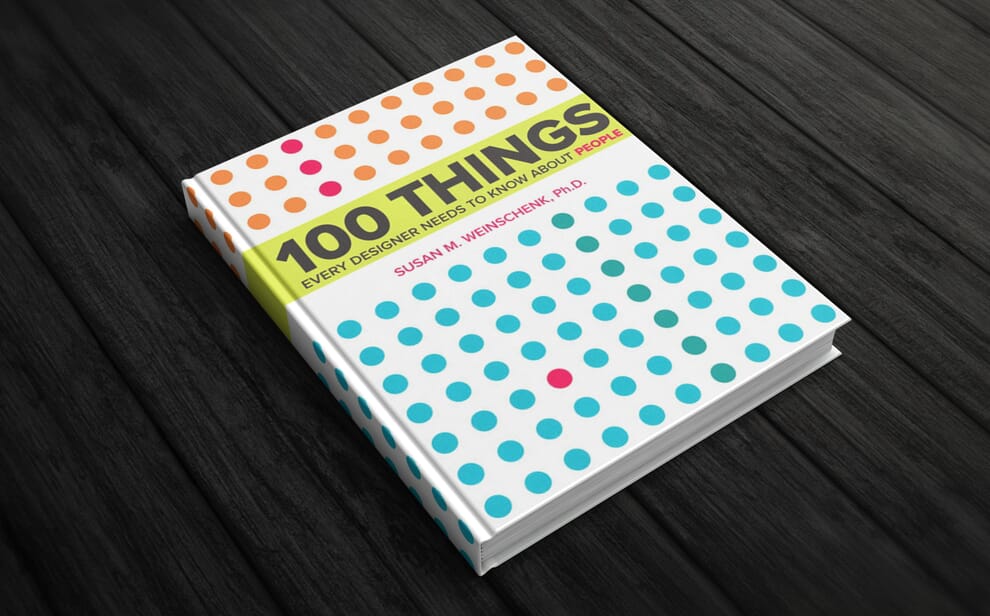What Should You Learn Next as a Web Design Business Owner? Five Recommendations
One of the most important realizations when working in the digital field is that you can never stop learning. Digital (as a concept) is in a constant state of evolution, with new techniques and technologies emerging almost daily. The result is that you must always be asking yourself “what should I learn next?”
At this very moment, this question is more relevant than ever. We are seeing a fundamental shift in the sector, especially for those of us who run web design businesses.
Why Are Things Changing?
Those who have traditionally operated at the bottom end of the market, such as those working with mom-and-pop businesses, are feeling the pressure. Many entrepreneurs who run small companies are beginning to ask themselves why they need a web designer at all. Especially with out-the-box services, such as Squarespace and Wix, allow them to build their websites.

Tools like Squarespace are making many small business owners question whether they need a web designer.
Some business owners are even asking whether they need a website at all when they can get away with being listed on Trip Advisor or have their own Facebook page.
Meanwhile, at the top of the market, large organizations are realizing that digital has become critical and so, in many cases, are choosing to move operations in-house.
This shift in the market has resulted in a crowded field with more suppliers competing for fewer clients. Those who operated at the bottom of the market have moved into the middle, as have those at the top.
How then can your business stand out from the crowd?
How to Compete in the New Reality
The prevailing wisdom is that the best way to survive in this new environment is by specialization. The general argument goes that advanced specialization and knowledge provides a significant competitive advantage over generalists. Proponents of this approach also suggest that when organizations bring their digital teams in-house, they cannot justify full-time positions for specialists, and so still need to outsource when they need those skills.
Make no mistake: The logic is sound, and, on paper, specializing makes a lot of sense. But it cannot be done to the exclusion of at least a cursory knowledge of other areas. Too often, digital professionals become so specialized that they have trouble efficiently working in teams or providing clients with the breadth of advice they need.

Deep specialism needs to be balanced with a broad understanding of related areas.
In truth, we should aim to be T shaped in our skills. We should have in-depth expertise in one area represented by the downward stroke of the T and superficial knowledge in many areas as shown by the horizontal top of the T.
The next question therefore becomes: What new skills do we need?
The Wider Skills We Should Be Embracing
It is not the intention of this article to wade into the debate over whether designers should be able to code, or if developers need design skills. When I talk about widening your skill base, I’m talking much broader than that.
To effectively compete in the new marketplace we need to understand that creating a useful website is about a lot more than being able to design and build it. There is no definitive list of new skills you must learn, but a good starting point would be the following five.
Improve Your Sales and Marketing Skills
In the majority of cases, most websites are about sales and marketing a product or service. Yet many of us as web designers know little about these disciplines. In fact, many web designers look scornfully upon both sales and marketing seeing it as something that undermines the user experience.
However, when you investigate current sales and marketing techniques, you will discover that they have much in common with the user experience principles we value highly. Furthermore, understanding sales and marketing is not only beneficial for our clients. They will also help us win work and keep us in business!
Delve Into Psychology
Talking of disciplines that have much in common with user experience design, it is advisable to spend time understanding the field of psychology. Designing a successful website is highly reliant upon knowing how people think and how they will act. Susan Weinschenk book “100 Things Every Designer Needs to Know About People” is an excellent introduction to the field.

Susan Weinschenk book “100 Things Every Designer Needs to Know About People” is a worthy addition to your library.
Improve Your Copywriting
Another closely related field to our work is that of copywriting. Nothing beats having a professional copywriter working on your project, but for various reasons, this doesn’t happen as often as it should. Whether budgets are too tight or the client thinks they’re capable of writing copy themselves, the result is often the same: Poorly written website copy that undermines the site.
However, if we improve our understanding of copywriting, then we will be in a position to help with this process, or at the very least provide the client with some guidance about how they can improve their writing.
Learn Some Business Theory
We often become frustrated because clients do not understand what goes into a great website. But many clients are just as frustrated by us and our lack of understanding of basic business theory. Ultimately, websites exist to fulfill particular business objectives which are a part of the greater company strategy which is, in turn, built on business theory. It is incredibly worthwhile to take the time to understand some of the basics in this area.
Investigate Customer Experience Design
As website designers, we like to consider ourselves specialist in creating outstanding user experiences. But the user experience does not end at the edge of the screen. What is more, there is an entire discipline dedicated to improving the whole customer experience, and it is one that we should be investigating.
Much of the work we do as digital professionals is just one small part of the broader customer experience, and we should understand how our work fits into the full picture.
Of course, suggesting you learn about all of these different areas is easy to write. However, making it happen is much harder. Where are you supposed to find the time to do all of this?
Find the Time to Learn
I will not pretend that finding time to learn new skills is easy. However, we all have the same number of hours in the day, and it is surprising how many of them we waste.
Don’t worry; I’m not advocating that you work every hour of the day. Nor am I suggesting that you should read a book on marketing rather than playing on the Xbox or spending time with the family. However, the chances are you waste many hours on activities that you would not even miss if they were gone. For example, how much time do you spend scrolling through social feeds or reading articles on subjects that you already know a considerable amount about?
I see designers addicted to Dribbble or inspiration galleries, and Developers who waste hours in Codepen in an attempt to find a slightly more efficient way of optimizing server calls.

How many of the posts you read actually improve your skills or knowledge?
These aren’t necessarily bad things and, of course, we need to maintain our core skills. But maybe we could cut back a bit and instead start reading non-web design books or blogs. Even if we just spend 30 minutes a day watching YouTube videos on some of the topics outlined here, it could make all the difference.
Being a specialist is essential. But it is equally vital that we understand at least something of the role fulfilled by other specialists working in related fields. It is this broad understanding that provides value to clients and makes collaboration easier.
Click here to build your next great project on Media Temple.





